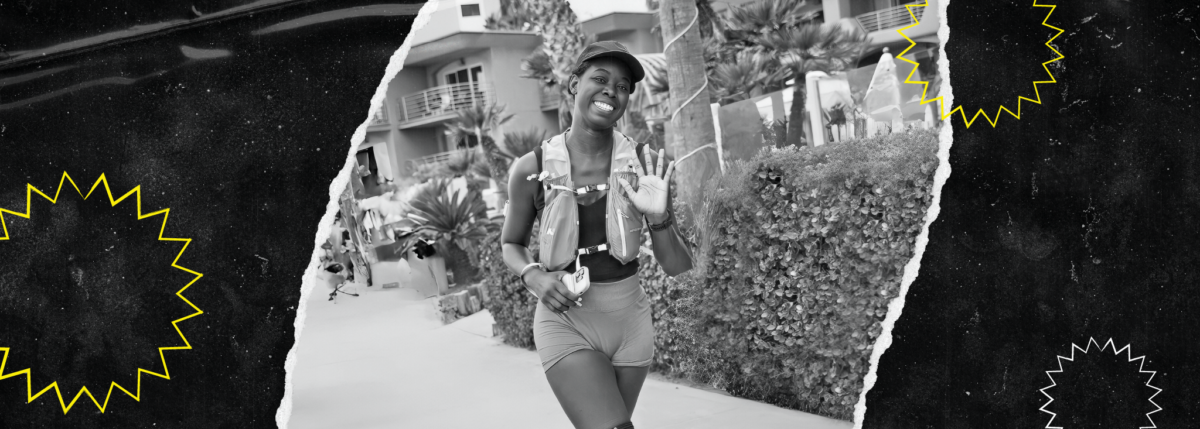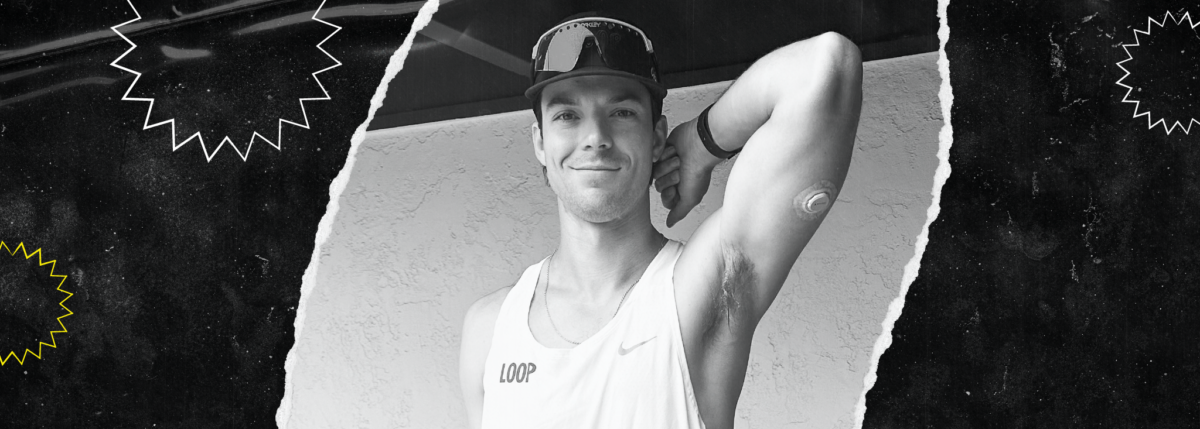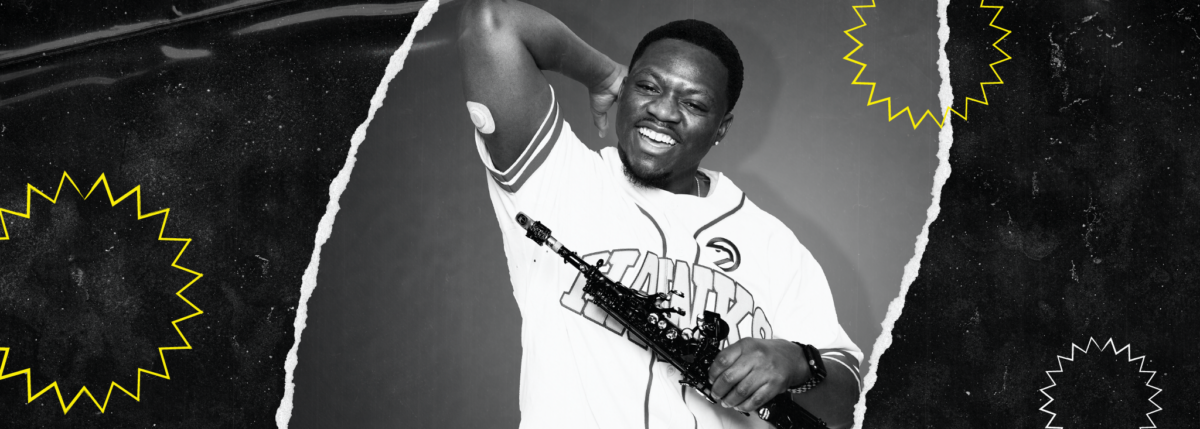Stupid is as Stupid Does: Things Family Say About Diabetes
Written by: Tom Karlya (Diabetes Dad)
4 minute read
November 25, 2015
When I say family, I mean relatives and friends that you encounter on some sort of frequency even if it is just three or four times a year. Those people with whom you come in into contact that still to this day do not “get” this diabetes thing.
(And if this has nothing to do with your family, you can stop reading now, and I could not be happier for you; but not everyone is so fortunate.)
Many families deal with the absolute ridiculous statements and are left to figure out what to do about it.
You know the comments:
- “Honey, don’t eat that, you will end up like your cousin and get diabetes.”
- “Honey, you are not allowed to eat that … are you?”
- “Oh honey, do not do ‘that’ at the table, go into the bathroom and do it.” (In reference to blood sugar testing)
- “I did not want to give her what the other kids were eating because of her diabetes so here, I made her a plate of cardboard”(so it seems).
- With your child sitting right next to you for this conversation; “Tsk, tsk, tsk; did you know, honey, that people die so much younger when they get diabetes?”
More than once I have reached for a 2×4 only to put it down because a parent in jail for murder would do my kids no good. We have all been faced with absolute rage at some of the stupidest comments meant in the spirit of “well being” or “I’m just say’n.”
And lest we forget the times when something is said and we immediately jump in, “Well in actuality, she can eat that and it is okay for Susie to eat hot dogs with the other kids.” And it happens: that three-second period when it is as if your relative has become zonked with stupid-spray and their face screams that you’re out of your mind for that comment; soon, they snap out of it, and they go on as if you said nothing at all.
Infuriating, yes?
And there really is nothing you can do about it … or is there?
It is important to realize that their world is not our world; and I am by no means giving them a “pass” here, but first realize that they do not have the need to know as much as we do.
There is no need. It does not impact them as much as it does us, so why should they?
Second, every time you hear or observe something done or said of this stupid nature, write it down as if you are collecting them for a future book. I did this for the longest time and you would be shocked how therapeutic it was; especially when I would go back every six months or so and read them … the shear madness of some of the comments would only make me laugh.
My first step is to correct them immediately. “No. That is not true, she can eat that and you can let her, she will know what to do.” Look at them straight in the eyes and be very clear. Anytime you are correcting someone about anything to do with your child’s diabetes, it is not a conversation. It is a Stop—Grab Attention—Correct.
If you are not clear—they will not understand.
If your child comes home from “Auntie Susie’s” house and says she had to check her blood sugar in the bathroom, the next time you are together look at your sister (or sister-in-law) and say, “For future reference, the bathroom is the absolute worst place for Janie to check her blood sugar and it’s a great teachable moment for everyone to see it and learn that she is not different from anyone else; you would be okay with that, right?”
See, here is the deal—you cannot do anything about what someone will say to you or your child regarding diabetes, but once it is out there it is yours to do with as you see fit. Let it slide and say nothing, or correct it immediately. We always chose to correct it immediately.
Here is the most important thing for you to remember, from Forrest Gump, “Stupid is as Stupid does”—if someone is going to say something incredibly stupid, all bets are off and you can say what you need to in order to correct the situation. Do it enough times and you feel empowered, and they will get it (eventually). Say nothing and you will go home frustrated and angry.
I accept that others do not know about diabetes, why should they?
They have two choices: they can ask and I’ll explain or they can do what they think is right and when/if they miss it, they will be corrected with the phrase always ending in; “ … if ever you have a question, just ask and I will gladly work it out with you.”
They will catch on eventually, and you will continue in a world where life is like a box of chocolates … you take a bite and you never know what you’ll get. “Oh wait … your child can’t have chocolate, can she?”
I am a diabetes dad.

Author
Tom Karlya (Diabetes Dad)
Tom Karlya, vice president of the Diabetes Research Institute Foundation, is commonly known throughout the diabetes community as Diabetes Dad, where he writes a daily column. His monthly column can be found at dLife. He's been a diabetes advocate since his daughter, Kaitlyn, was diagnosed in 1992 at the age of 2. In 2009, his son Rob was also diagnosed, at age 13. Tom has been introduced to the NY State Capitol, testified in Washington, D.C., appeared at diabetes-related events at the United Nations and has lectured across the US about being a Diabetes Dad. He received numerous commendations for his work in the Katrina efforts where he was instrumental in organizing aid to over 10,000 people with diabetes. Tom was awarded The Jeff Hitchcock Distinguished Service Award from CWD, The Diabetes Advocate of the Year from the Metro-NY Chapter of the American Association of Diabetes Educators and was also recognized by LIONs International for his work in diabetes among many other awards from groups and organizations.
Related Resources

Danica Collins not only prepared for one of the most challenging physical events of her...
Read more

Beyond Type 1 is spotlighting inspiring athletes with type 1 diabetes as they prepare for...
Read more

On November 3, 2024, Taylor Rindfleisch of Chicago laced up her running shoes for the...
Read more

